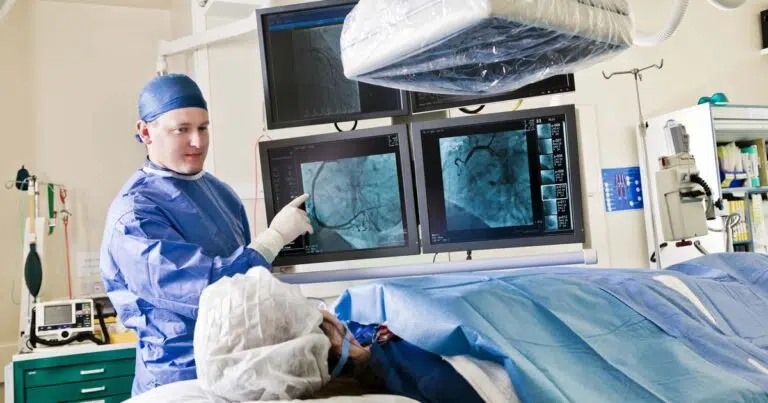Ultrasound Tech Career Guide
Looking for a different career guide?
Overview
Ultrasound technologists, also known as diagnostic medical sonographers, are skilled professionals who use specialized equipment to create images of the body's internal structures using high-frequency sound waves. These images, known as sonograms or ultrasounds, help physicians diagnose and monitor various medical conditions. Ultrasound technologists play a crucial role in patient care by providing valuable information for medical decision-making.
Essential
Education
To become an ultrasound technologist, individuals typically need an Associate Degree in Diagnostic Medical Sonography or a related field from an accredited program. Some choose to pursue a Bachelor's degree to enhance their career prospects and opportunities for specialization. These programs typically include coursework in anatomy, physiology, patient care and ultrasound physics, along with supervised clinical experience.
Qualifications

Skills
Successful staff and travel ultrasound technologists possess a blend of technical skills and interpersonal abilities. They need a solid understanding of human anatomy and physiology, as well as proficiency in operating ultrasound equipment and analyzing images. Excellent communication and patient care skills are essential for explaining procedures to patients, addressing their concerns and ensuring their comfort during exams.
Responsibilities
Ultrasound technologists perform a range of responsibilities, including patient assessment, equipment operation, image acquisition and analysis and collaboration with healthcare teams. They maintain patient records, ensure the accuracy of images and adhere to safety protocols to minimize potential risks.
Salary Insights
The average salary for a Ultrasound Tech is $2,484.52 per week.
Last updated on November 14, 2024. Based on active jobs on Vivian.com.
Pros & Cons
Becoming an ultrasound technologist offers several advantages. The field provides opportunities for specialization and career growth, with potential roles in hospitals, clinics, imaging centers and physician offices. Ultrasound technologists often enjoy a flexible work schedule and the satisfaction of directly contributing to patient diagnoses and care plans.
However, there are some challenges to consider. Ultrasound technologists may need to spend extended
Some of the content on this page was enhanced using artificial intelligence.
Join over 1 million healthcare workers that are getting a head start with Vivian.
Join Vivian





